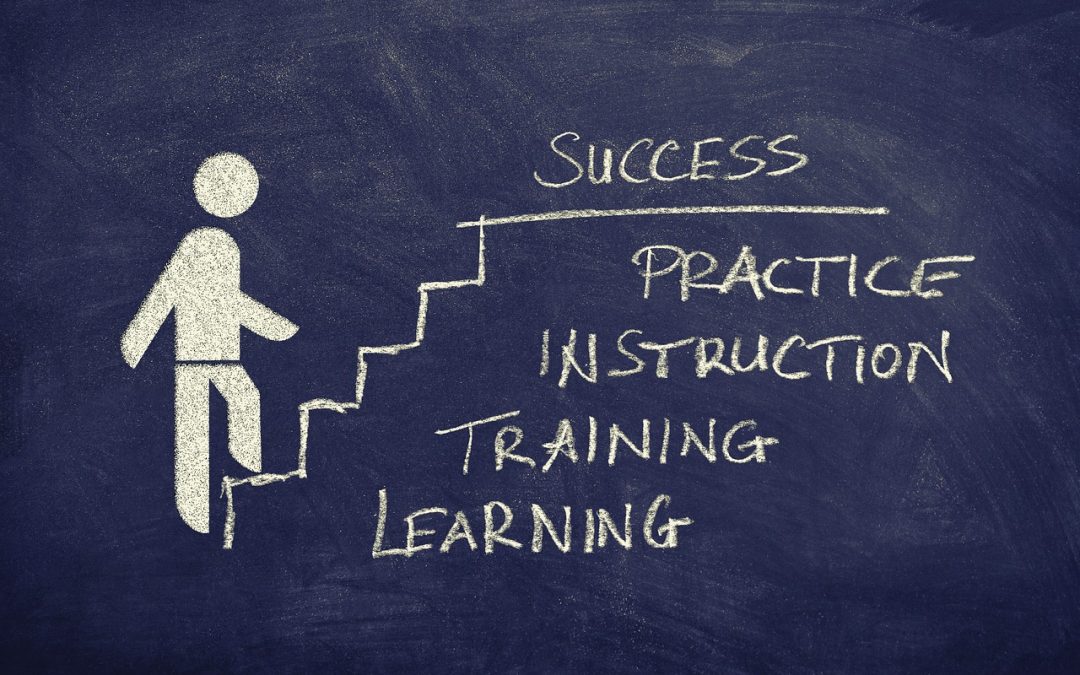The headline in the Sunday Province paper read: Failure isn’t such a bad thing, study reveals (Linda Blair, January 28, 2018 p.B6). Really? Isn’t failure damaging to your self-esteem and sense of self-worth? Isn’t it something that can damage you for life? It seems that researchers have discovered that this isn’t necessarily so. Our failures can help us succeed – if we approach them with a certain attitude.
Research out of Turkey, Belgium and Germany has offered some interesting things to ponder. It seems that in work and educational settings, people seem to be more cautious, more risk-adverse and more careful not to fail The emphasis is more often on achieving results rather than on learning and becoming wiser. Students afraid to fail were more cautious, more likely to set goals that allowed them to feel better about themselves (easy to achieve), rather than pursue new interests or enhance personal development.
Sim Sitkin at Duke University looked at a number of businesses, some with repeated success and others with failures. He concluded that in business, continual success is associated with growing complacency, decreased attentiveness and less interest in inventing new strategies. Failure, on the other hand, is associated with increased attention, a search for better and more innovative strategies and as a result, a wider palette of solutions for solving relevant problems.
A friend reminded me today of a story attributed to Thomas Edison.
The short version of this story: Someone asked Edison why it took him 10,000 failures before he perfected the light bulb. Edison replied that it took him 9,999 times to improve on his design til perfected!
As long as we can learn from our failure, we have the capacity to create a better, more successful path for ourselves. Failure helps us to learn about resiliency – that quality which helps us rise above our current situation to attain new heights and insights. From this learning, we can create a new way of doing and being that improves upon the present.
By failing, we have a chance to improve and strengthen our resolve for what really matters. We don’t give up on ourselves, but we might give up on the path we have taken. It wasn’t necessarily you as a person who failed, but it was your approach that didn’t work. Figure out what was wrong with the approach and you are on your way towards solving it. Failure helps us be clear, creative and active – not passive – with our situation and choices. Failure gives us a reason to design, re-design and try another approach. And Learn!
As long as we continue to learn from our mistakes, we improve our chances for future competency and success. When failure presents itself, we come to learn more about ourselves, our abilities, our knowledge and our limitations. We can evolve and expand. This is something we can build upon. It puts control for our future in our hands – not those of someone else.
Yes, change demands a degree of risk. But by not risking a change in our beliefs, attitudes or actions, we increase our chances of failing again. Why would we want to do that to ourselves?

